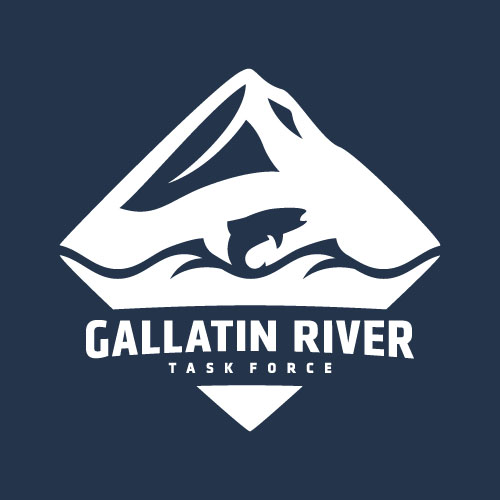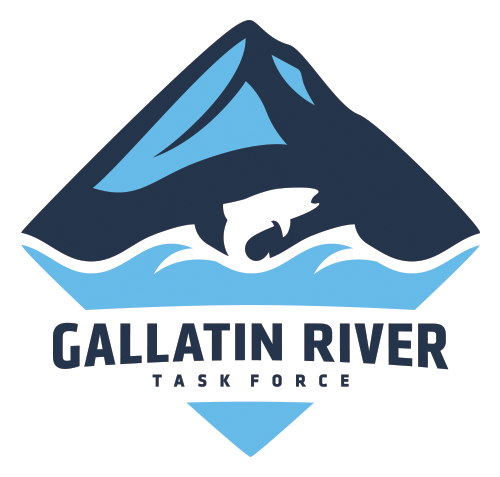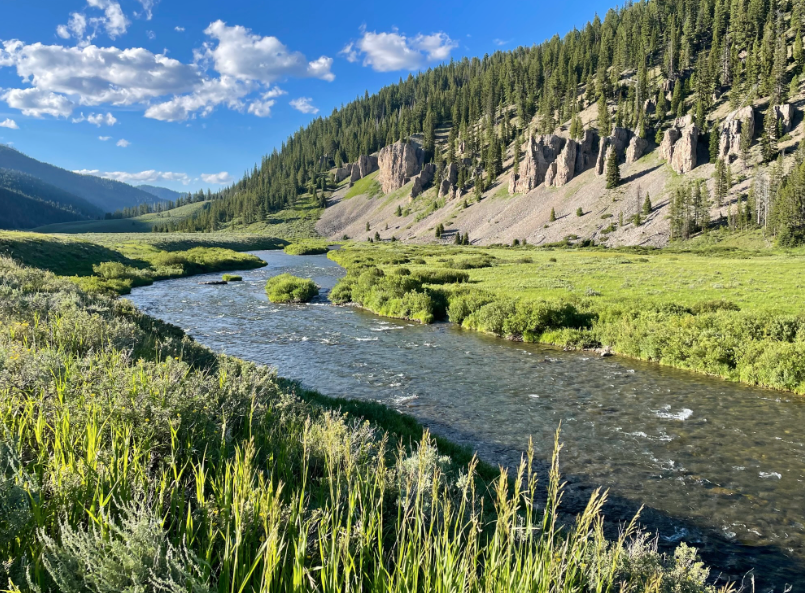Most of us learned in grade school that the earth’s surface is 71% water, and all life forms are composed primarily of water.
But did you know that only 3% of our planet’s water is freshwater, and freshwater species are vanishing three to five times faster than their marine and terrestrial counterparts? Moreover, 80% of wildlife species in the arid West depend on riverside habitats for at least part of their life cycle.
The bottom line is: without clean, free-flowing rivers, life cannot exist.
And really, who would want to live in a place without healthy rivers to fish, paddle, and nourish our souls in? Would you still want to live in Big Sky or Bozeman if the Gallatin and Madison rivers were so polluted you couldn’t recreate on them?
That, in a nutshell, is the driving force behind this year’s Wildlands Festival from Aug. 4-6. The goal of the festival – besides bringing world-class music to Big Sky – is to raise one million dollars for river conservation.
Experience shows us the best time to protect a river is when it’s still healthy, and here’s why:
First, once a river is severely altered by dams or pollution, it’s very difficult to restore it to its former condition. Second, it’s much cheaper to protect a river that’s still intact than it is to restore a river that’s been badly degraded.
As the proverb goes, an ounce of prevention is worth a pound of cure.
Fortunately, the U.S. is one of the few nations on earth with a law that allows us to proactively and permanently protect a river – the Wild & Scenic Rivers Act. The idea for the Act was conceived in Montana in the 1950s when the famed wildlife biologist twins, Frank and John Craighead, were fighting a proposed dam on the Middle Fork of the Flathead River along the southern border of Glacier National Park. They won that battle, then spent the next decade lobbying for a national system of protected rivers. Congress eventually embraced the idea, and President Lyndon Johnson signed the Wild & Scenic Rivers Act into law on October 2, 1968.
Today, the National Wild and Scenic Rivers System protects 13,396 miles of 226 rivers across the country, including five rivers in Montana. The upper Missouri River and three forks of the Flathead River were protected in 1976, while East Rosebud Creek won protection in 2018.
But that represents less than one-half of one percent of the nation’s, and Montana’s rivers that are protected. We can and we must do better. That’s why American Rivers, the leading conservation group working to protect and restore the nation’s rivers and streams, has set a goal of protecting one million river miles by 2030.
To help make that happen, both American Rivers and the Gallatin River Task Force are championing the Montana Headwaters Legacy Act (MHLA). Sponsored by Senator Jon Tester, this visionary legislation would protect 385 miles of 20 new Wild & Scenic Rivers in the upper Missouri and Yellowstone river drainages. Among the storied rivers that would gain protection under the MHLA are the Boulder, Gallatin, Madison, Smith, Stillwater, and Yellowstone.
To get the MHLA passed during this Congress, we need your help in two ways. One, we need your financial support so we can conduct public outreach and bring local citizens and business owners to Washington, D.C. to meet with our elected leaders. Two, we need you to call Senator Steve Daines (202-224-2651) and Representative Ryan Zinke (202-225-5628) and urge them to support the MHLA.
For those of you who will be joining us at the Wildlands Festival, thank you for purchasing your tickets, a portion of the proceeds of which will help us continue our efforts to protect rivers here in southwest Montana and across the nation. To learn more about our organizations and what you can do to help, visit: https://www.wildlandsfestival.com/charity/.
Scott Bosse is the Northern Rockies Regional Director for American Rivers based in Bozeman. Kristin Gardner is the Chief Executive and Science Officer for the Gallatin River Task Force based in Big Sky.


